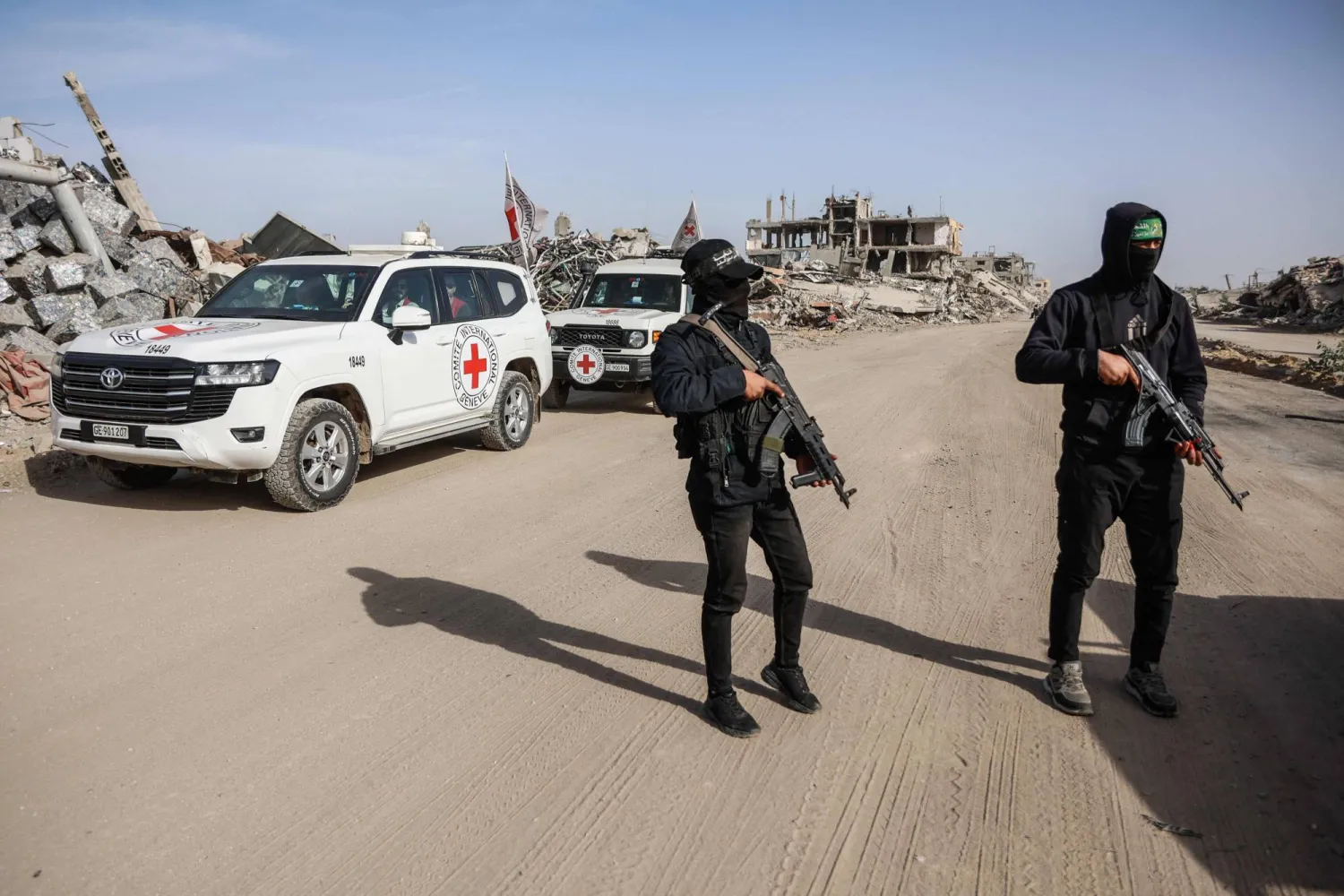Lebanon’s Christian religious leaders slammed on Sunday politicians for failing to elect a new president, amid a vacuum that has continued for five months and despite recent attempts to revive efforts to agree on a candidate.
During the Palm Sunday mass, Maronite Patriarch Beshara al-Rahi called on politicians to “destroy the sin of corruption, self-interest and egoism” and to elect a president.
He said the best politicians are those who are committed to telling the truth and realizing that the power entrusted to them is for service.
The true politician is a servant, and when he does not perform his duty, then he is a bad politician, the patriarch stressed.
Rahi said the politicians, especially deputies, “must know that the guarantee of a just policy is the election of a president who possesses these characteristics who can set straight state institutions.”
He announced that the Patriarchate is preparing for a spiritual retreat for Christian MPs in Harissa on April 5 when “they will pray for Lebanon and its salvation from its political, living, economic and financial crises.”
Greek Orthodox Archbishop of Beirut Elias Audeh said during his Sunday sermon that Lebanon is “full of leaders, politicians, deputies, and rulers who only care about their interests, and work only according to their affiliations.”
“They are not ashamed of what they have brought the country to,” he added.
“Institutions are blocked, civil servants are on strike, billions of liras are wasted and they are begging for help. How can they live without conscience and sleep without worry?” he said.
He stressed that Lebanon needs real leaders.
“We need people who think and have a vision of a cause to defend, not politicians who abuse power and the people,” Audeh added.
Lebanon has been without a president since Michel Aoun's term ended on Oct. 31. MPs have not been able to elect a successor even though 11 parliamentary electoral sessions have been held to agree on a candidate.
According to the Lebanese constitution, the 128-member legislature requires a majority of two-thirds (85) to elect a president in the first round, and then in the second round, a candidate can be elected by a simple majority of 65 lawmakers.
During the 11 parliamentary sessions, Hezbollah, Amal and Free Patriotic Movement lawmakers quit the meeting before the second round of voting, leading to a loss of quorum.
Meanwhile, the head of Hezbollah's parliamentary bloc, MP Mohammed Raad, called Sunday on all political forces to prioritize the national interest in order to save the country.
He stressed the need to elect a president without waiting for foreign orders.
“We are not aspiring to take power in this country, but we are keen to see an authority capable of meeting the aspirations of the people. We refuse unilateral decisions in managing people's affairs,” Raad said.
The deputy said Hezbollah is open to dialogue.









